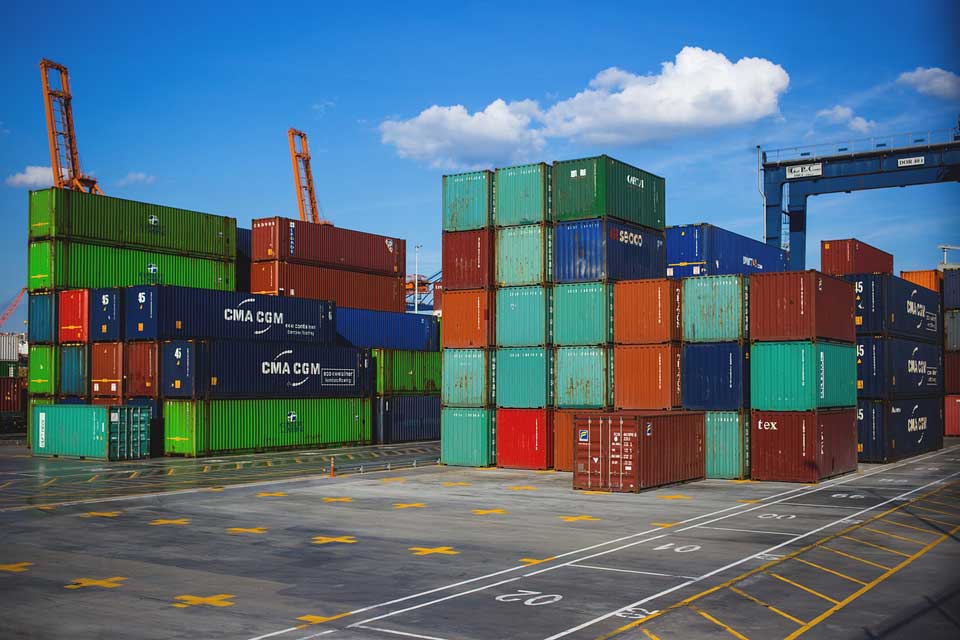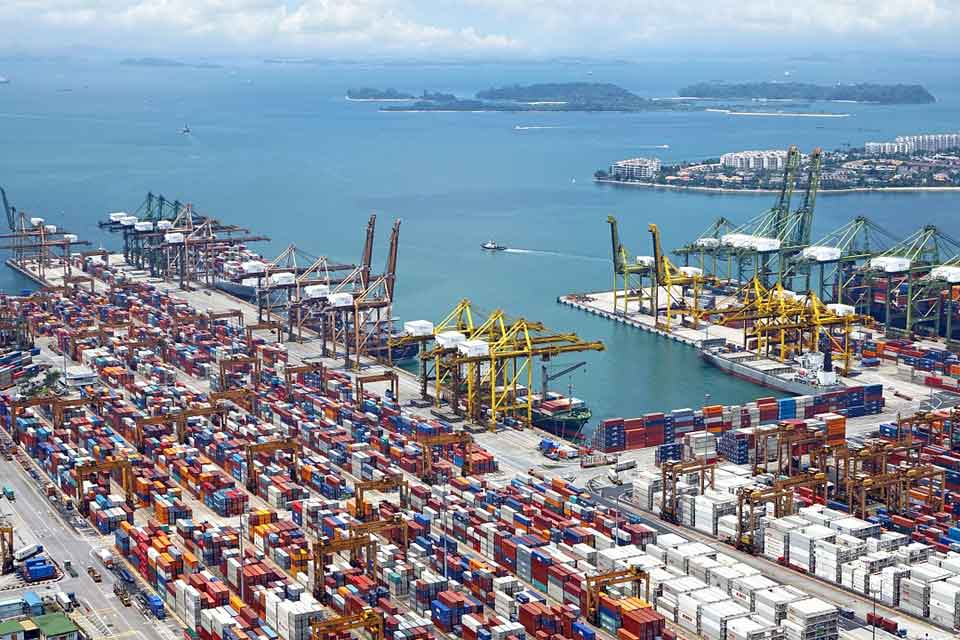WEBINAR: Retail profitability the focus of new event collaboration between Zencargo and Bis Henderson

Retail margins are under increasing threat from soaring freight rates, poor carrier reliability and fluctuating demand. In response, Zencargo, the digital freight forwarder has announced a new online forum to analyse end-to-end retail profitability. Scheduled for 14:00 on the 12th August, Guarding profitability through disruption: the retailers guide is being delivered in collaboration with Louisa […]
Zencargo announces online event to address the new world of peak rates

As freight rates from Asia to Europe pass the $20,000 per 40ft mark, Zencargo, the digital freight forwarder has announced a new online forum to discuss what shippers can do to manage disruption in their supply chains. Scheduled for 14:00 on the 8th July, Surviving Peak Freight is being delivered in collaboration with Lars Jensen, […]
Freight association calls for greater clarity and detail on new cross border trade systems

BIFA, the trade association for UK freight forwarders, says the devil will be in the detail when it comes to the raft of recent announcements by the government in regards to various aspects of future cross border international trade. Robert Keen, the trade association’s Director General said: “The sooner the government puts some meat on the […]
Davies Turner trainee recruitment programme enters 10th year

The trainee recruitment programme operated by UK freight forwarder and logistics company Davies Turner has entered its 10th year. The latest group of recruits for its 2019 training scheme recently completed their initial induction programme at the company’s regional distribution centre at Coleshill in the UK. The Davies Turner training scheme, which includes both BIFA-accredited […]
Freight forwarders ask: Is the government listening?

Few companies have registered for a new government online system designed to protect value added tax revenues on foreign parcels in the event of a no-deal Brexit, leading the UK representative body for freight forwarding and logistics companies to question whether Government is listening to advice from industry experts. Robert Keen, Director General of the […]
Do you specialise in Freight Forwarding? We want to hear from you!

Each month on Supply Chain Briefing we’ll be shining the spotlight on a different part of the logistics and distribution market – and in December we’ll be focussing on Freight Forwarding. It’s all part of our ‘Recommended’ editorial feature, designed to help supply chain industry buyers find the best products and services available today. So, if you’re […]
Davies Turner: Brexit-related warehousing requests ‘on the increase’

Davies Turner is seeing an upsurge in enquiries about the availability of warehousing space, driven by customer concerns about the outcome of the Brexit negotiations and the future of UK trade with the EU after March next year. The freight forwarder and logistics service provider said it has previously seen demand for warehousing capacity often reduce in […]

